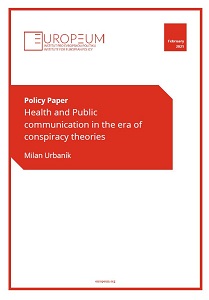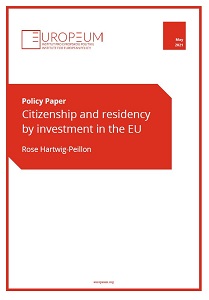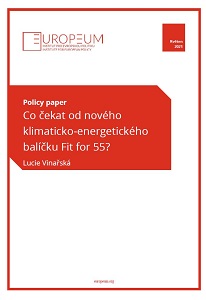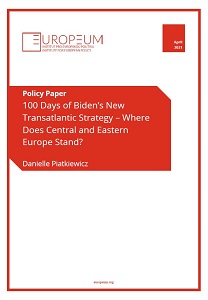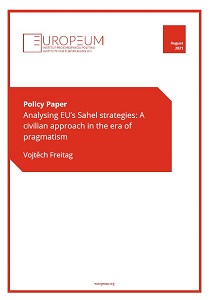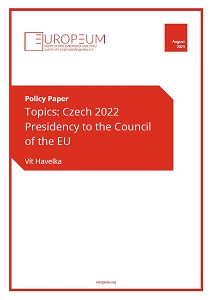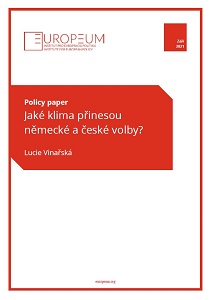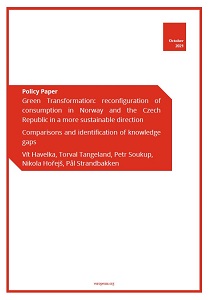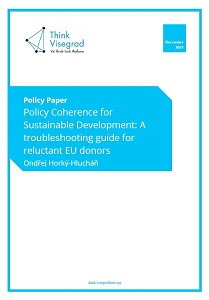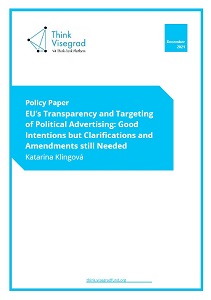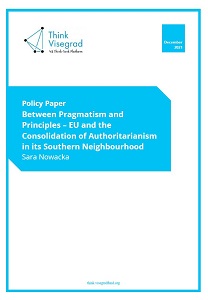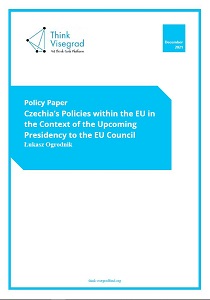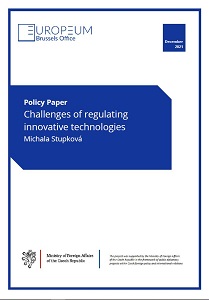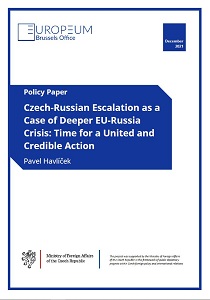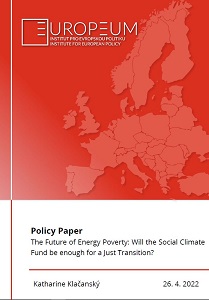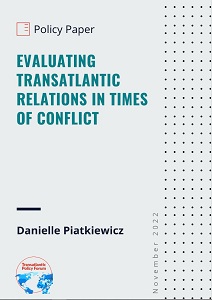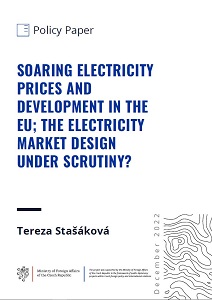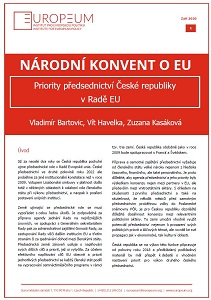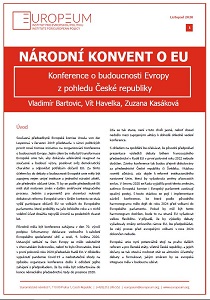
Albanian judiciary under construction
The Albanian judicial system is a civil law system that is codified and based on the French law. The actual Constitution6 was compiled with the assistance of the EU; the laws of the country have all been modified and adapted so that they are compatible with the European Convention on Human Rights and the Charter of Fundamental rights of the European Union. The 2016 reform of the judiciary was not any different as it was compiled under a close surveillance from the EU and it was based on a European standard of how the judiciary branch should function.
More...
